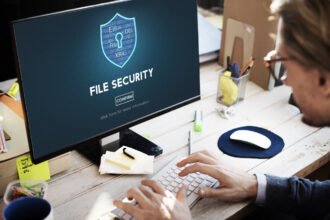The Wall Street Journal just ran an article titled: “New Military Command to Focus on Cybersecurity.” In it they indicate “current and former officials familiar with the plans” say a new military command will be established to coordinate the defense of Pentagon computer networks and improve US offensive capabilities in cyberwar.
WSJ also reports that Defense Secretary Gates plans to announce the creation of a new military cyber command after the rollout of the White House review.
My opinion: This WSJ article seems more balanced and accurate than the article I discussed in my post “NYT wants cyber security to be a divisive issue.”
The WSJ article is in consonance with what is going on and what should be going on. I believe NSA should be formally given the lead for defending DoD/IC systems, but defense remains a team sport, and DHS should be given the lead for defending the rest of .gov networks (while still leaning on NSA/DoD/DNI as required). And all players need to work well with industry and allies in a coordinated, fast moving way.
What does this mean for enterprise technologists? For the most part it is
…
The Wall Street Journal just ran an article titled: “New Military Command to Focus on Cybersecurity.”
In it they indicate “current and former officials familiar with the
plans” say a new military command will be established to coordinate the
defense of Pentagon computer networks and improve US offensive
capabilities in cyberwar.
WSJ also reports that Defense
Secretary Gates plans to announce the creation of a new military cyber
command after the rollout of the White House review.
My opinion: This WSJ article seems more balanced and accurate than the article I discussed in my post “NYT wants cyber security to be a divisive issue.”
The
WSJ article is in consonance with what is going on and what should be
going on. I believe NSA should be formally given the lead for
defending DoD/IC systems, but defense remains a team sport, and DHS
should be given the lead for defending the rest of .gov networks (while
still leaning on NSA/DoD/DNI as required). And all players need to
work well with industry and allies in a coordinated, fast moving way.
What
does this mean for enterprise technologists? For the most part it is
good news. But for day to day security operations in most enterprises,
the relationships you have with other organizations will remain the
same as before– for now. And the current body of best practices
remains in place. You still need to understand and implement and
follow the Common Audit Guidelines, for example. Doing that is going to help you and will help others too.







